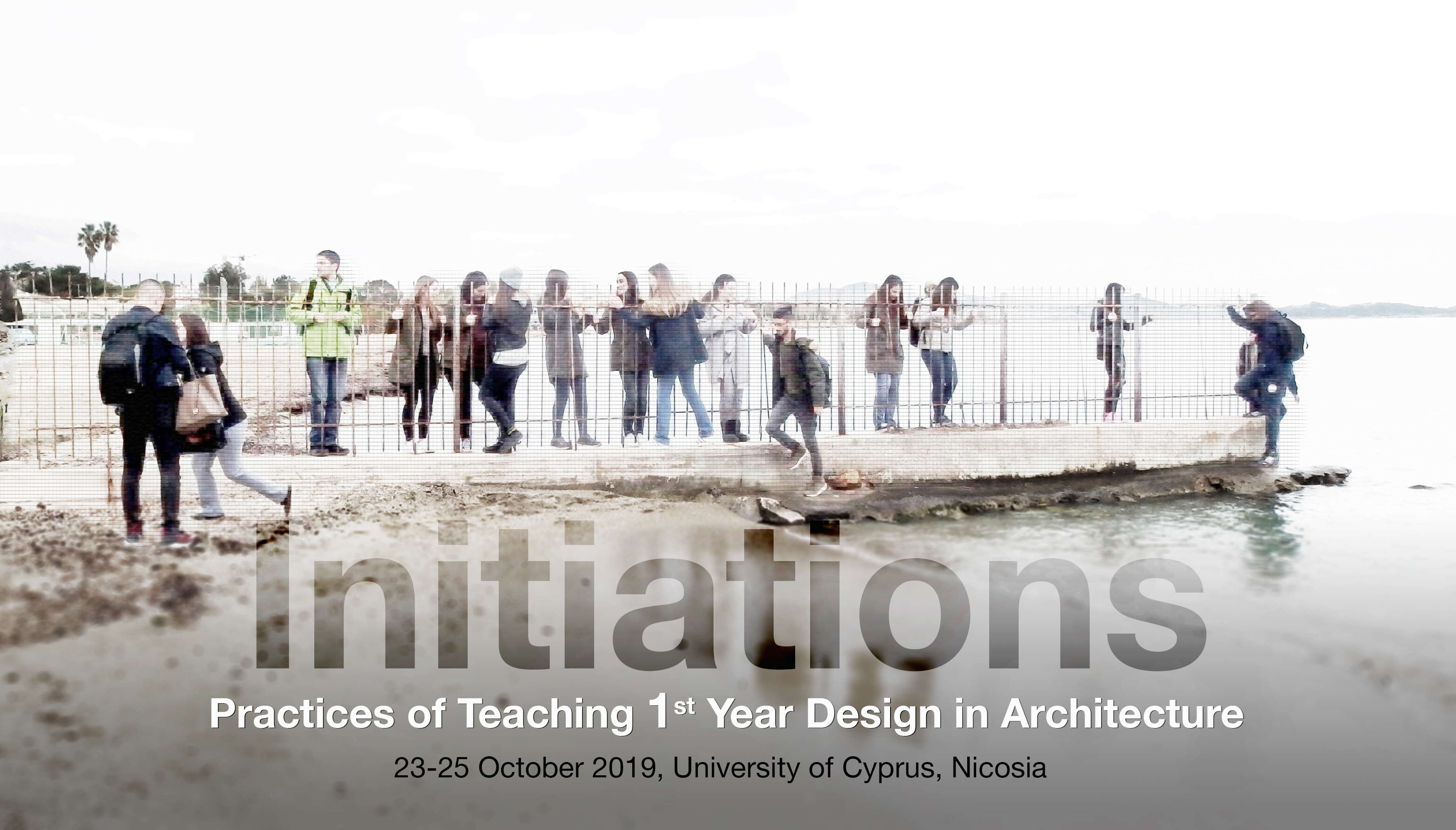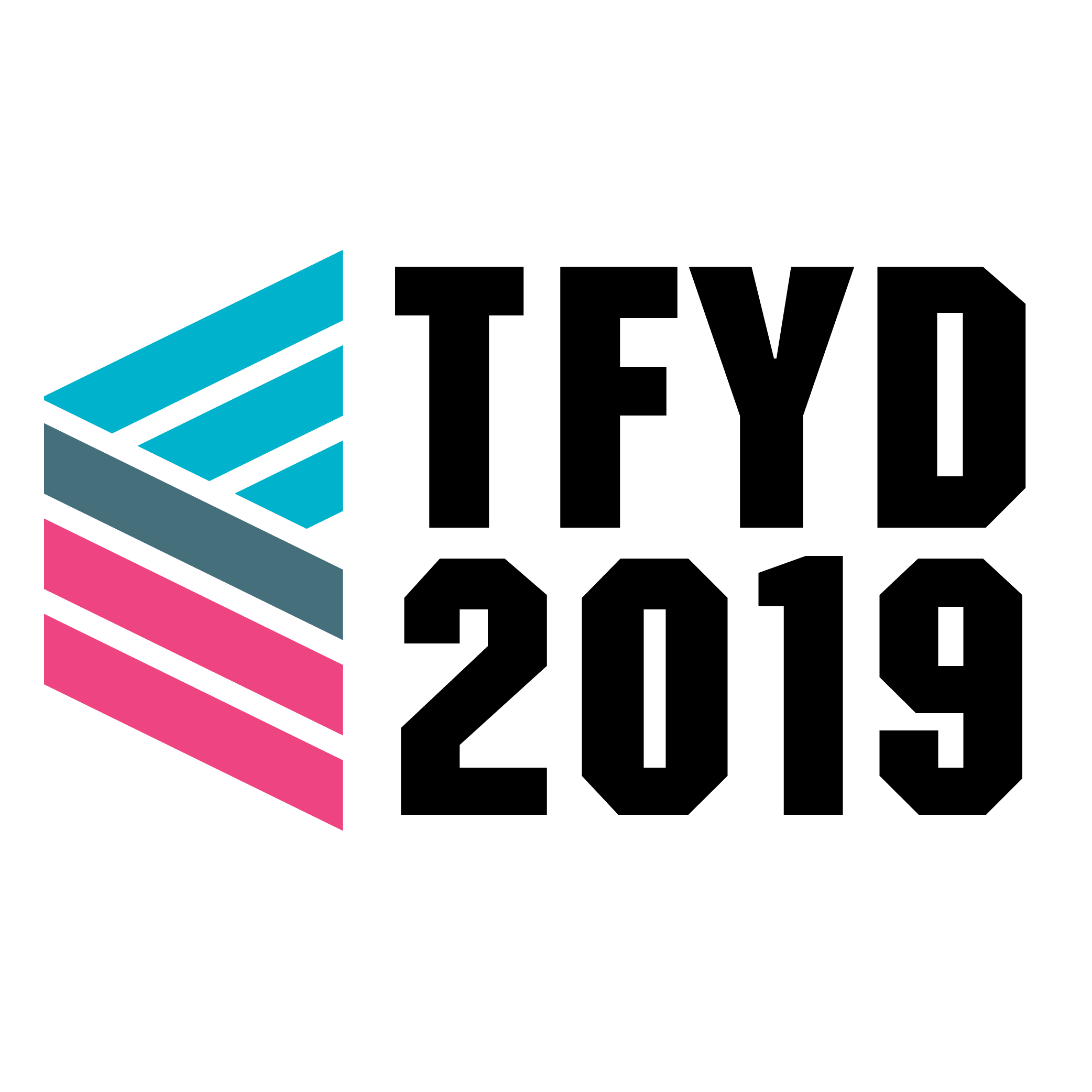
Online registration is closed
Conference program is online, click to view or download
Last updated: 22 Oct, 2019
CONFERENCE THEME / CALL FOR PAPERS
The medieval craft guilds may have long been gone, yet, entering the field of architecture often still holds something from the tradition of the master-apprentice model of education or training. Relics of this tradition can be traced, in the implicit principles of the various schools of architecture, which are usually not addressed explicitly in the curriculum or design briefs of their studios. The purpose of this conference is to present, expose, map and critically discuss the methods and norms, symbols and narratives, customs and dispositions of current practices of teaching first year design, through the term ‘initiation.’
‘Initiation’ can be understood, first of all, in a temporal basis, specifying that the conference will be focusing on the challenge of teaching design at the very beginning of architectural education. At the same time, though, the term is also rich with social or political connotations, as involving some sort of ritual or rite of passage that allows someone to enter a group. Taking a stance in relation to these two readings clearly has strong ideological implications, exposing a series of other positionings regarding not only architectural pedagogy, but the very nature of architecture as well.
Moreover, initiation in the field of architecture through the first year of education is important since it has the power to be quite formative in shaping the future professional architect. Multiple pedagogical approaches coexist, each prioritizing certain values over others, often driven by a different understanding of what the role of the profession of the architect is or should be in society. It thus seems inevitable that any discussion on educational agendas should also discuss the role of the architectural profession, especially now that professional boundaries are reassessed, diluted or even dissolved.
Initiating students in first year design studio is a pedagogical experiment that sets up the fundamentals of architectural education: the ethos, creative energy, drawing and making skills, curiosity in exploring and developing ideas, understanding context and how architecture frames ways of living. In this sense, teaching first year architectural design is many things at the same time: a huge responsibility, an arduous process, a joy. And while there may be many paths to choose as a studio instructor, one specific pedagogical approach is chosen each time. Whatever the general approach adopted, a number of questions arise that can be directly or indirectly addressed and which concern spatial, contextual, communicational, methodological and pedagogical concerns:
KEY DATES
Abstract submission deadline extended:
June 21, 2019
Notification of acceptance:
July 5, 2019
Author registration deadline:
July 31, 2019
Early registration deadline:
July 31, 2019
Final Paper submission:
September 23, 2019
September 30, 2019
KEYNOTE SPEAKERS
Alberto Pérez-Gómez, Professor, McGill University, Montreal
Patrick Weber, Associate Professor, The Bartlett, UCL, London
Anna Heringer, Architect, Laufen, Germany
Lina Ghotmeh, Architect, Paris, France
TOPICS
Spatial Fundamentals in Design
- 100 years after Bauhaus, is the notion of the ‘fundamental’ in design still relevant?
- How can the multiple dimensions of space be reduced, studied and explored?
- How are scale and the body introduced in the design?
- How is the temporal dimension introduced in the design process?
Introducing Context
- How can we introduce the context and the complexity of the city in the first year of architectural education?
- How can we cultivate ecological awareness in creative ways?
- How can the dialogic relationship, between the local and the global, be introduced?
- How do we expose students to other cultures, places and landscapes?
- How do we cultivate students’ capability to absorb knowledge that comes from other contexts in critical ways?
- How are precedents useful in encouraging creativity and innovation?
Learning the Language
- How to communicate with someone who does not yet speak the language of design?
- Are the traditional drawing and modeling tools adequate in studying and representing space? In what ways can visual communication be complemented?
- If any medium of communication is far from being an innocent representation, how is such complexity conveyed and understood by those using the medium?
- At what stage is the computer introduced in architectural education?
- How do social media, digital tools and ICT in general affect the students’ understanding of space and what could their role be in education?
Didactics and Pedagogy
- How to introduce subjectivity when novices are predominantly trained to think objectively?
- How much and in what way are notions such as ‘quality’ and the ‘ethical’ relevant at this stage, and if they are, how can they be addressed?
- How to take advantage of skills the students already have in a more structured way?
- Are interdisciplinary design methods useful in first year design studio teaching?
INVITATION
The conference invites architects, design studio teachers, historians, theorists, or anyone from other discipline involved in first year design studio teaching to present their views on the subject. Contributions can range from accounts of specific pedagogical experiments, briefs, case studies, to more theoretical or historical investigations on architectural education and pedagogy in general.
For information on how to submit your abstract please go to SUBMISSION.
PUBLICATION
Conference proceedings will be published electronically and a selection of extended papers will be included in a book publication on the conference topic after peer review.
